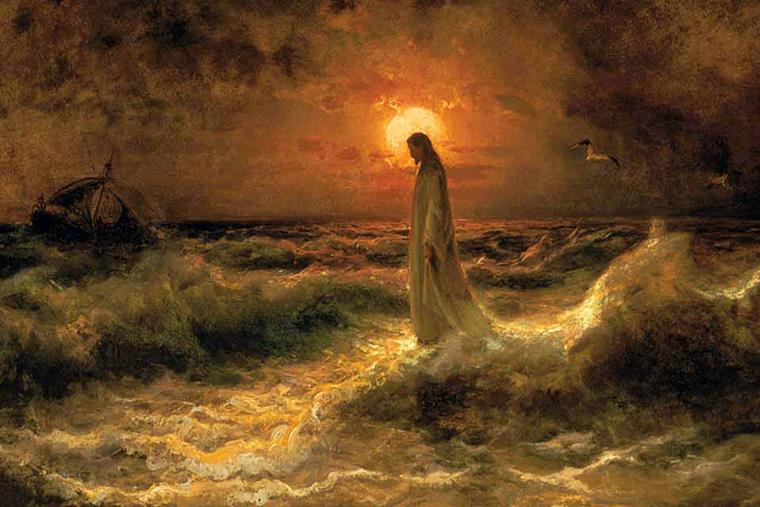- Feb 5, 2002
- 185,334
- 68,004
- Country
- United States
- Gender
- Female
- Faith
- Catholic
- Marital Status
- Married
- Politics
- US-Others
A recent conference in Rome communicated that while miracles may seem irrational if viewed solely through the lens of natural causality, they remain a profound reality in the context of faith and God’s transcending omnipotence.
ROME — Over the first weekend in March, scholars and experts from the world over met in Rome to discuss one of the core features of the Christian religion: Miracles.
The event was organized by the Thomistic Institute, which exists to promote the theological and philosophical thought of St. Thomas Aquinas, and to encourage its dialogue with other contemporary schools of thoughts and sciences.
“We try to organize events that bring together scientists, philosophers and theologians on various topics,” Dominican Father Thomas Davenport, a physicist and philosopher working with the Thomistic Institute at the Pontifical University of St. Thomas Aquinas, also known as the Angelicum, told the Register.
Each year, the Thomistic Institute in Rome organizes a conference on the topic of “Science and Religion.” In past years, topics such as the origin of life, teleology and eschatology have been explored.
“This year, the topic was on miracles,” Father Davenport said, “and how we understand God entering into the natural world from theological, philosophical and scientific point of views.”
“From a popular perspective, miracles seem to be a central point in issues on the relationship between faith and science,” the U.S. priest added. “People tend to think that ‘If you believe in miracles, you clearly can't be taking science seriously,’ and ‘If you’re taking science seriously, you clearly can’t believe in miracles.’”
Continued below.

 www.ncregister.com
www.ncregister.com
ROME — Over the first weekend in March, scholars and experts from the world over met in Rome to discuss one of the core features of the Christian religion: Miracles.
The event was organized by the Thomistic Institute, which exists to promote the theological and philosophical thought of St. Thomas Aquinas, and to encourage its dialogue with other contemporary schools of thoughts and sciences.
“We try to organize events that bring together scientists, philosophers and theologians on various topics,” Dominican Father Thomas Davenport, a physicist and philosopher working with the Thomistic Institute at the Pontifical University of St. Thomas Aquinas, also known as the Angelicum, told the Register.
Each year, the Thomistic Institute in Rome organizes a conference on the topic of “Science and Religion.” In past years, topics such as the origin of life, teleology and eschatology have been explored.
“This year, the topic was on miracles,” Father Davenport said, “and how we understand God entering into the natural world from theological, philosophical and scientific point of views.”
“From a popular perspective, miracles seem to be a central point in issues on the relationship between faith and science,” the U.S. priest added. “People tend to think that ‘If you believe in miracles, you clearly can't be taking science seriously,’ and ‘If you’re taking science seriously, you clearly can’t believe in miracles.’”
Continued below.

Is it Rational to Believe in Miracles?
A recent conference in Rome communicated that while miracles may seem irrational if viewed solely through the lens of natural causality, they remain a profound reality in the context of faith and God’s transcending omnipotence.
